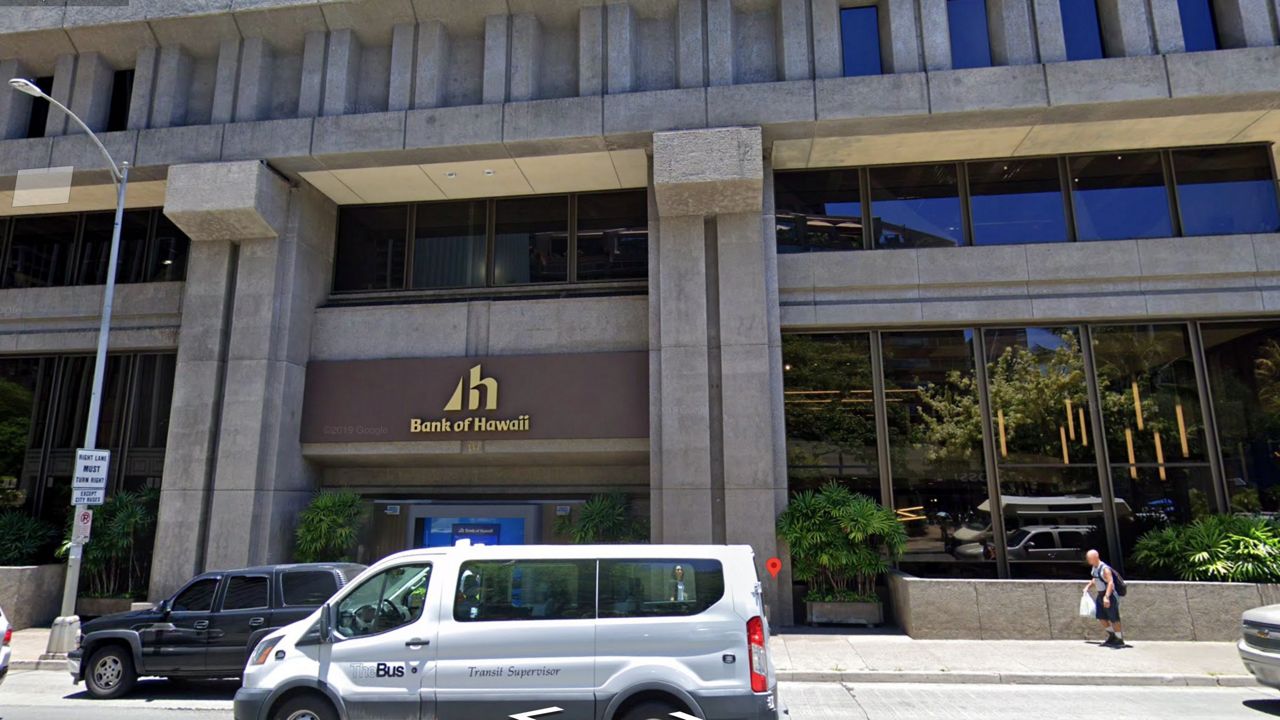HONOLULU — Following the closure of Silicon Valley Bank last week, the Hawaii Bankers Association is assuring the public that its member banks are safe and unaffected.
“Hawaii Bankers Association member banks have strong capital, said HBA executive director Neal Okabayashi. “At this point, the FDIC has stated that this is an isolated incident, and there is no indication of systemic issues affecting the banking industry.”
The unrest started on March 8, when SVB announced it had suffered a $1.8 billion loss and needed to raise more capital to address depositor concerns. The announcement prompted customers to withdraw funds in fear of a collapse. On March 10, the California Department of Financial Protection and Innovation shuttered SVB and appointed the Federal Deposit Insurance Corporation as its receiver after an unsuccessful effort to sell it to larger financial institutions.
The rapid fall of the nation’s 16th largest bank, which once held $210 billion in assets, sent shockwaves through the financial industry. The concern deepened on March 12 when the New York Department of Financial Services announced it had taken over Signature Bank and appointed the FDIC as its receiver.
The federal government will guarantee the deposits of both banks, the FDIC, Federal Reserve and Department of the Treasury said in a joint statement.
The Biden administration was quick to clarify that the FDIC, not taxpayers, will cover depositors using its deposit insurance fund, which is paid into by member banks.
HBA member banks are also members of the FDIC, which guarantees traditional deposit accounts and individual retirement accounts by up to $250,000.
HBA member banks include American Savings Bank, Bank of Hawaii, Central Pacific Bank, Finance Factors, First Hawaiian Bank, Hawaii National Bank, HomeStreet Bank and Territorial Savings Bank.
Politicians on both the left and right have seized on the events of the past week to advance existing political narratives.
Republican presidential candidate Nikki Haley referred to the FDIC’s coverage of deposits as a “Biden bailout,” harkening to the controversial financial industry bailout of 2008.
Florida Gov. Ron DeSantis has also suggested that SVB, whose customers include several tech sector businesses, focused more on appealing to its clients’ social justice and environmental values than on its core responsibilities.
Democrats, including U.S. Sen. Mazie Hirono, D-Hawaii, blamed Trump-era missteps and the bank itself.
“In 2018, Republicans rolled back commonsense rules designed to prevent this kind of crisis,” Hirono said. “As we learn more about this situation, one thing is clear: we need to strengthen — not weaken — regulations protecting consumers, depositors, and our economy.
“Reports that Silicon Valley Bank executives received bonuses just hours before the bank was shuttered are deeply concerning,” she continued. “Those responsible for this crisis must be held accountable to their customers and the American people. These bonuses need to be returned.”
Michael Tsai covers local and state politics for Spectrum News Hawaii.



